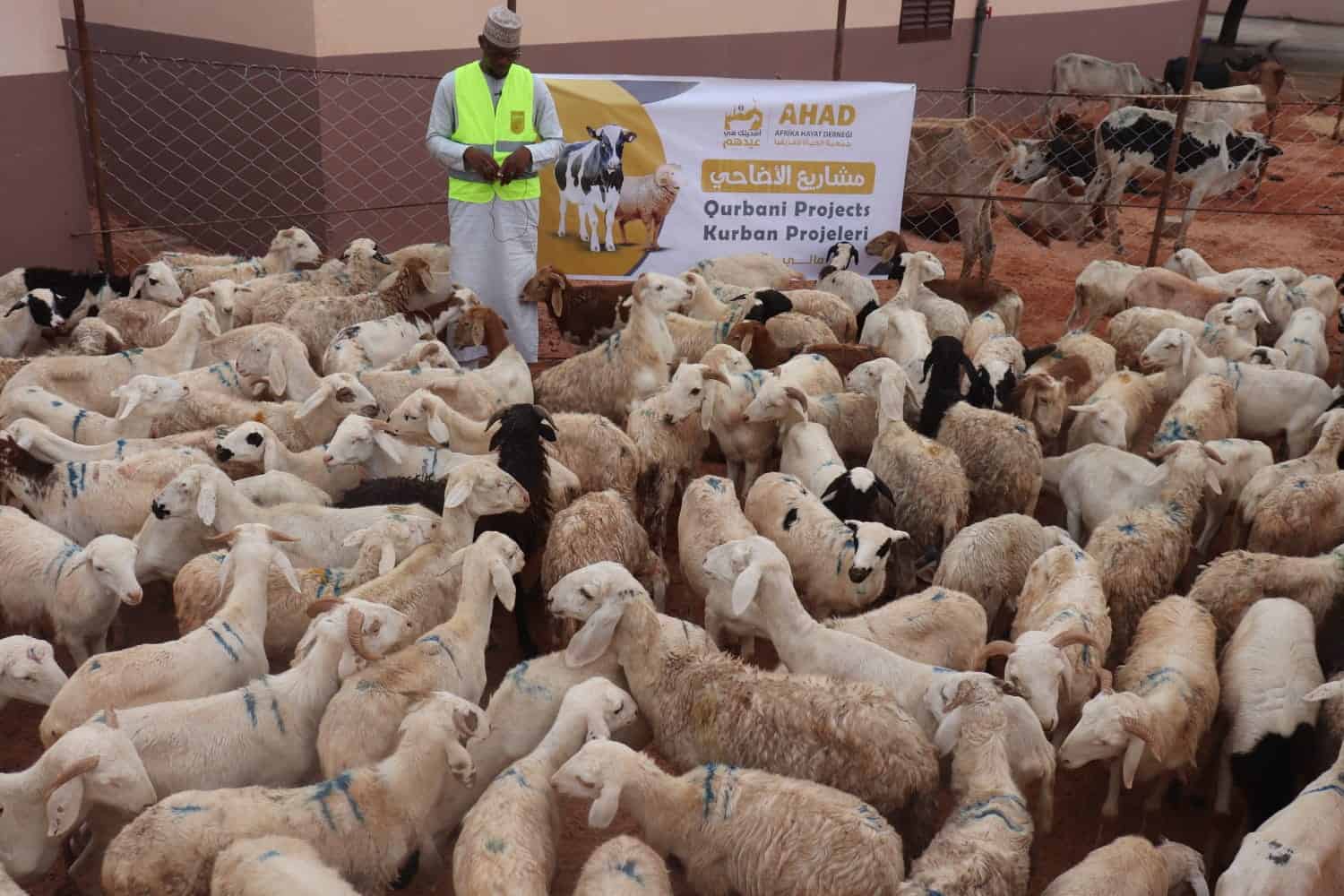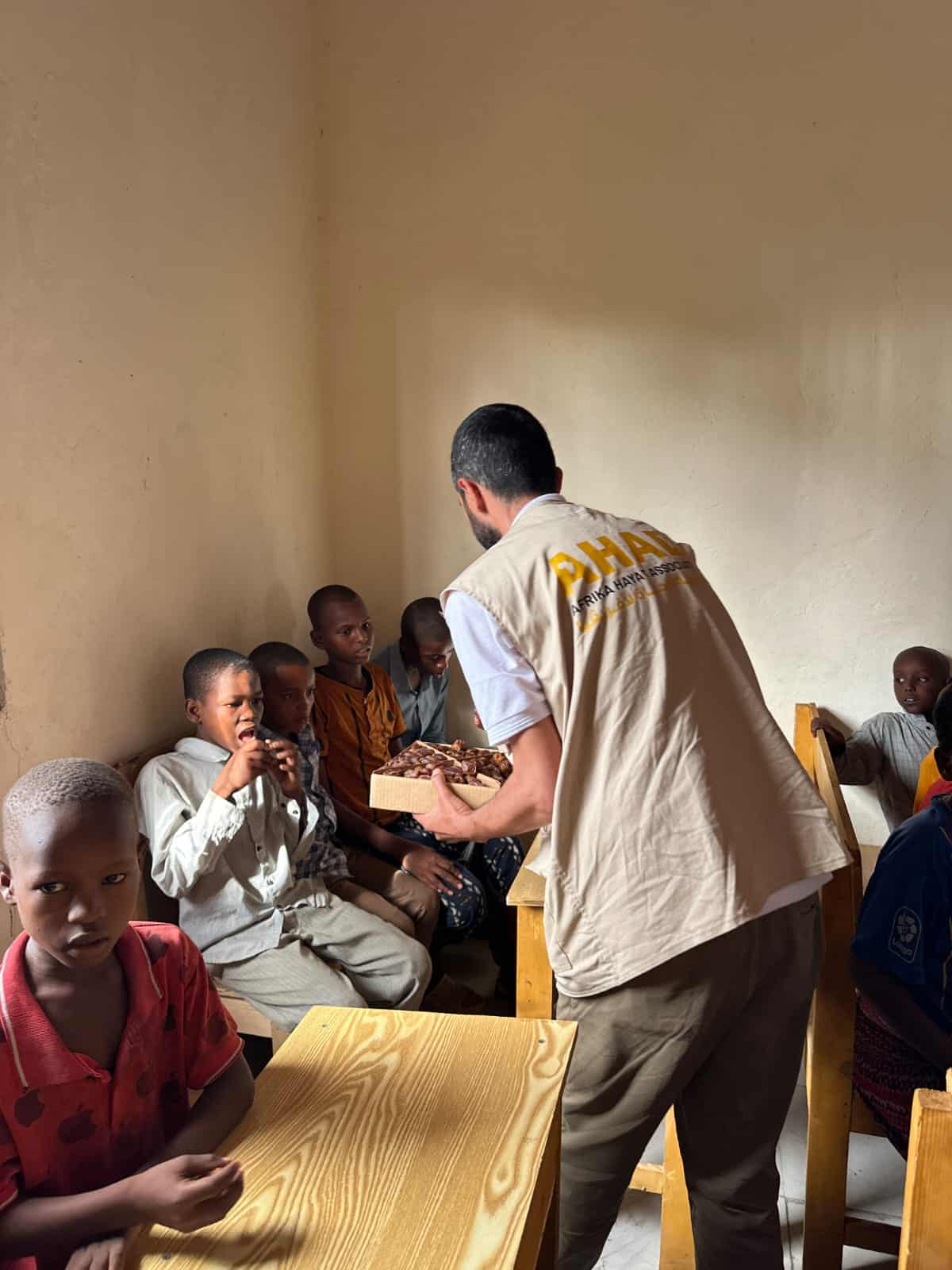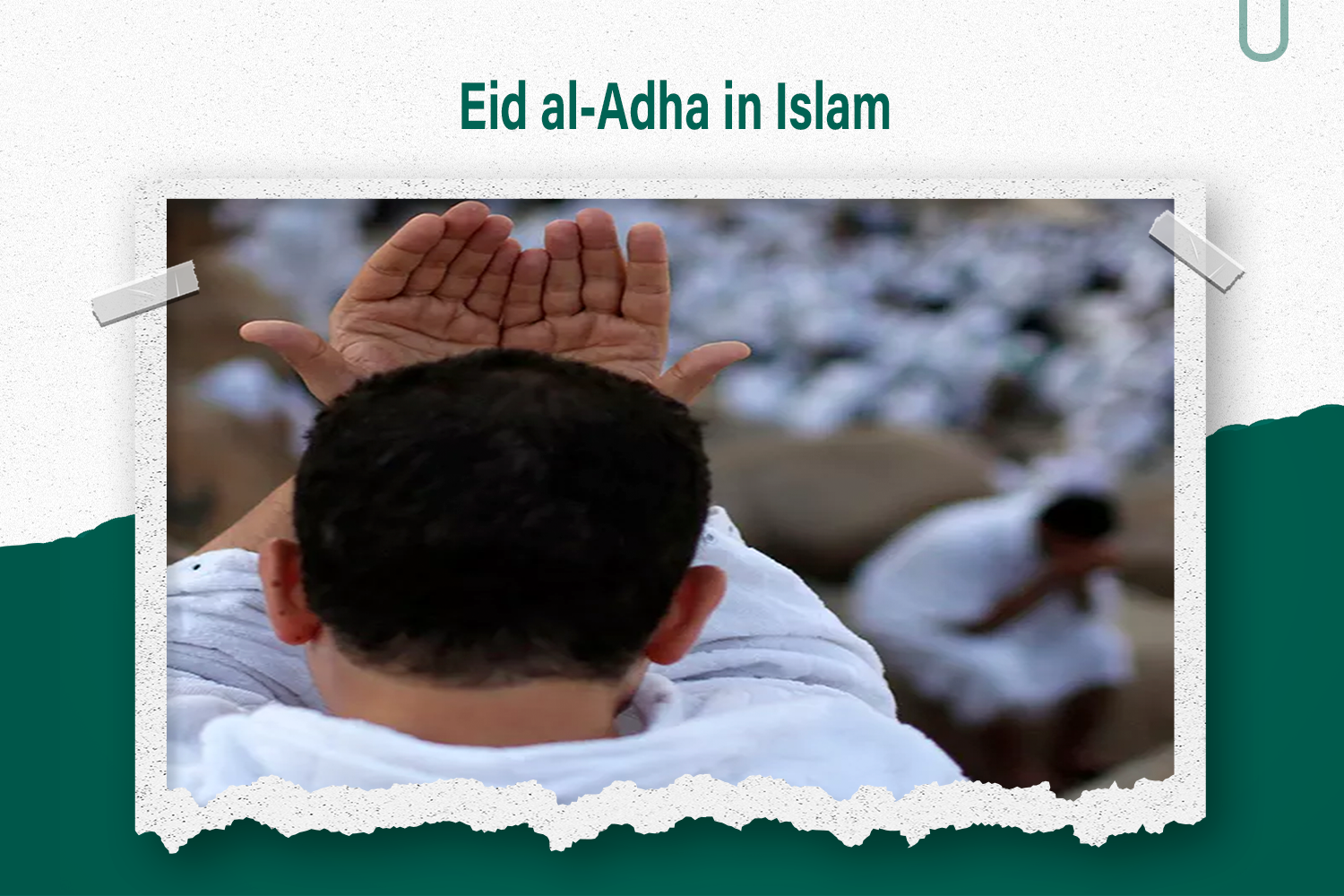he meaning of Eid al-Adha in Islam
Eid al-Adha is one of the important holidays in Islam. Eid is an opportunity for Muslims to get closer to Allah, celebrate sacrifice and socialize. It is celebrated on the tenth day of Dhu al-Hijjah, during the Hajj period, during which a sacrifice is offered as an expression of sacrifice and devotion. Muslims participate in Eid prayers, exchange congratulations and gifts, distribute slaughtered meat to the poor and needy. Eid al-Adha is an opportunity to promote love and solidarity in the Muslim community.
The concept and origins of Eid al-Adha
Eid al-Adha is considered one of the important religious holidays in Islam, it expresses communication and sacrifice. It is celebrated on the tenth day of Dhu al-Hijjah, during the Hajj period, during which Muslims offer sacrifice as an expression of devotion and sacrifice to Allah. Families celebrate the coming of Eid by holding Eid prayers, exchanging congratulations and giving gifts. Also, sacrificial meat is distributed to the poor and needy to promote giving and solidarity in society.
The history of Eid al-Adha
Muslims celebrate Eid al-Adha on the tenth day of Dhu al-Hijjah, which is the last month in the Hijri calendar. Its history dates back to the Prophet Abraham (peace be upon him), where Allah ordered him to sacrifice his son Ishmael. And at the moment of the test, God sent a substitute RAM instead of Ishmael. This shows devotion and deep obedience to God. Since then, Muslims have been offering sacrifices as an expression of faith and sacrifice on this blessed day.

The origin and importance of the date of Eid al-Adha
Eid al-Adha carries its origins and history in the story of our master Ibrahim (peace be upon him), where Allah ordered him to offer the sacrifice of his son Ishmael, but at the moment of the test, Allah sent a livelihood from heaven as a substitute for the sacrifice. This story reflects devotion and deep sacrifice to Allah, and Eid al-Adha is considered an opportunity for Muslims to get closer to Allah, express faith and sacrifice. Eid is also considered a time of affection and compassion between individuals and the distribution of sacrifices to those in need.
Rituals and Customs on Eid al-Adha
On Eid al-Adha, many Muslim countries are distinguished by special rituals and Customs. Among these rituals, Eid prayers are held in mosques and major chapels, where Muslims gather to perform common prayer. After the prayer, Muslims exchange congratulations and blessings, families exchange visits and enjoy special meals. The distribution of sacrifices to the needy is also considered part of the special Eid ritual.
Traditional rituals and Customs on Eid al-Adha
Many Muslim countries are distinguished by special rituals and Customs on Eid al-Adha. To begin with, Eid prayers are held in mosques and major chapels, where Muslims gather to perform joint prayer. After the prayer, Muslims exchange congratulations and blessings, families exchange visits and enjoy special meals. In addition, the distribution of sacrificial offerings to the needy is considered part of the special rite of the holiday.
Sacrifice and its importance in Islam
Sacrifice is one of the important acts of worship in Islam. Offering a sacrifice is considered a duty for adult Muslims who are capable of it. Sacrificial offerings are slaughtered as an expression of generosity and sacrifice, portions of which are distributed to the poor and needy. The sacrifice reminds Muslims of the sacrifice of the Prophet Ibrahim (peace be upon him), who was ready to slaughter his son Ishmael. Because of their dedication to carrying out God’s command, God intervened with dynamism and gave Abraham the living instead of Ishmael, and this was a certificate of appreciation for his obedience.
The idea of sacrifice and its religious role
Sacrifice is one of the important acts of worship in Islam. Offering a sacrifice is considered a duty for adult Muslims who are capable of it. Sacrificial offerings are slaughtered as an expression of generosity and sacrifice, portions of which are distributed to the poor and needy. The sacrifice reminds Muslims of the sacrifice of the Prophet Ibrahim (peace be upon him), who was ready to slaughter his son Ishmael. Because of their dedication to carrying out God’s command, God intervened with dynamism and gave Abraham the living instead of Ishmael, and this was a certificate of appreciation for his obedience.

Traditional cuisine on Eid al-Adha
Traditional cuisine on Eid al-Adha is an integral part of the food experience on this blessed holiday. Among the popular holiday dishes are grilled meat, be it Lamb or beef. It is prepared with characteristic spices and cooked on fire or coals to give it a piquant and juicy taste. He also likes to eat kebabs, kofta and various grills on this holiday. Besides, various kinds of main dishes, soups, appetizers and desserts are prepared to brighten up the festive table and enjoy eating with family and friends.
Types of foods that are used to eat on Eid al-Adha
Eid al-Adha is characterized by eating grilled meat of various kinds. The meat is prepared with characteristic spices and cooked on fire or coals to give it a piquant taste. One of the popular main dishes of the Feast are kebabs, kofta and various grills. Besides,other main dishes are prepared such as Roz with meat, stuffed and biryani. The happiness of Eid is not complete without eating traditional sweets such as bakla, Tamayuz, maamoul and Qatayef. These foods add a special character to the festive table and make the food experience enjoyable in the company of family and friends.
Celebrations and events on Eid al-Adha
The celebrations and events on Eid al-Adha include a variety of activities that promote joy and fun on this blessed occasion. A common celebration is to participate in the Eid prayer at the mosque with the local community. People also exchange congratulations and blessings and visit each other to exchange gifts and enjoy traditional Eid meals. Some regions organize entertaining games for children, barbecue festivals, local competitions. Individuals can also spend the holiday traveling or doing outdoor recreational activities to enjoy their time and celebrate Eid.
Popular celebrations and events held on Eid al-Adha
The celebrations and events on Eid al-Adha include a variety of activities that promote joy and fun on this blessed occasion. A common celebration is to participate in the Eid prayer at the mosque with the local community. People also exchange congratulations and blessings and visit each other to exchange gifts and enjoy traditional Eid meals. Some regions organize entertaining games for children, barbecue festivals, local competitions. Individuals can also spend the holidays traveling or doing outdoor recreational activities to enjoy their time and celebrate Eid.
You can visit the ahad Association website to find out more about the projects it offers
Related articles:
The importance and bounty of the month of Ramadan
Join us in our message by donating




